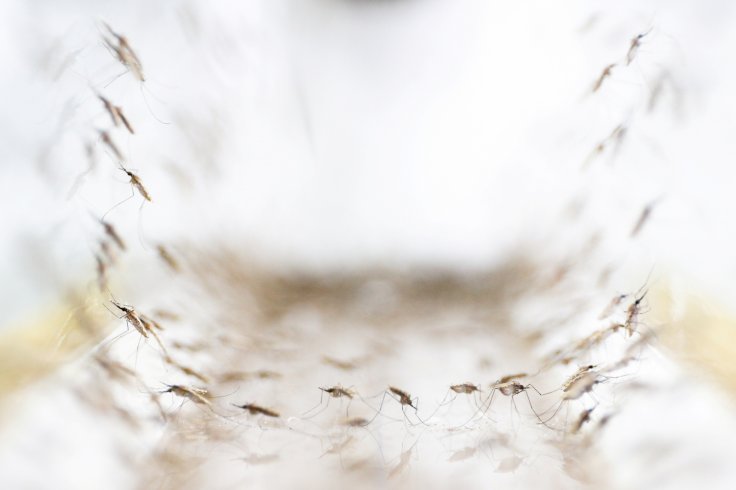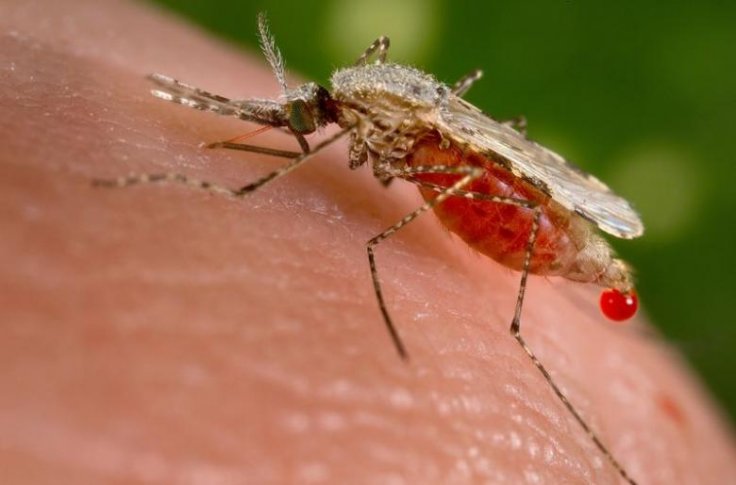After studying both Anopheles gambiae and Anopheles coluzzii, two major malaria vectors in West Africa, researchers at LSTM found that a particular family of binding proteins situated in the insect's legs were highly expressed in resistant populations and successfully carry malaria.
The Anopheline mosquitoes which cause malaria have a binding protein, SAP2, that was found elevated in resistant populations and further elevated following contact with pyrethroids used in mosquito nets as insecticide class.
Mosquitoes developing resistance
The team of researchers also found that when levels of this protein were reduced, by partial silencing of the gene, susceptibility to pyrethroids were restored. But when the protein was expressed at elevated levels, previously susceptible mosquitoes became resistant to pyrethroids, thus proving bednets ineffective.

Dr Victoria Ingham, first author on a paper published in the journal Nature, said: "We have found a completely new insecticide resistance mechanism that we think is contributing to the lower than expected efficacy of bed nets."
The protein based in the legs comes into direct contact with the insecticide as the mosquito lands on the net,making it ineffective. Thus, the new study makes it an excellent potential target for future additives to nets to overcome this new resistance mechanism in insects, explained Ingham.
Evolving new mechanisms
Ever since there is the increase in insecticide resistance, new insecticide treated bed nets containing the synergist piperonyl butoxide (PBO) as well as pyrethroid insecticides came into vogue. The synergist targets the resistance mechanism caused by the cytochrome P450s but turned futile as mosquitoes are continually evolving new resistance mechanisms. The discovery of this new resistance mechanism will help identify newer synergists, said the study.

Professor Hilary Ranson, senior author on the paper, said the "newly discovered resistance mechanism could provide us with an important target for both the monitoring of insecticide resistance and the development of novel compounds able to block pyrethroid resistance and prevent the spread of malaria."









